Why Doctor Who Should Absolutely Explore The Multiverse With David Tennant And The New Doctor
It's time to get all interdimensional with the timey-wimey stuff.
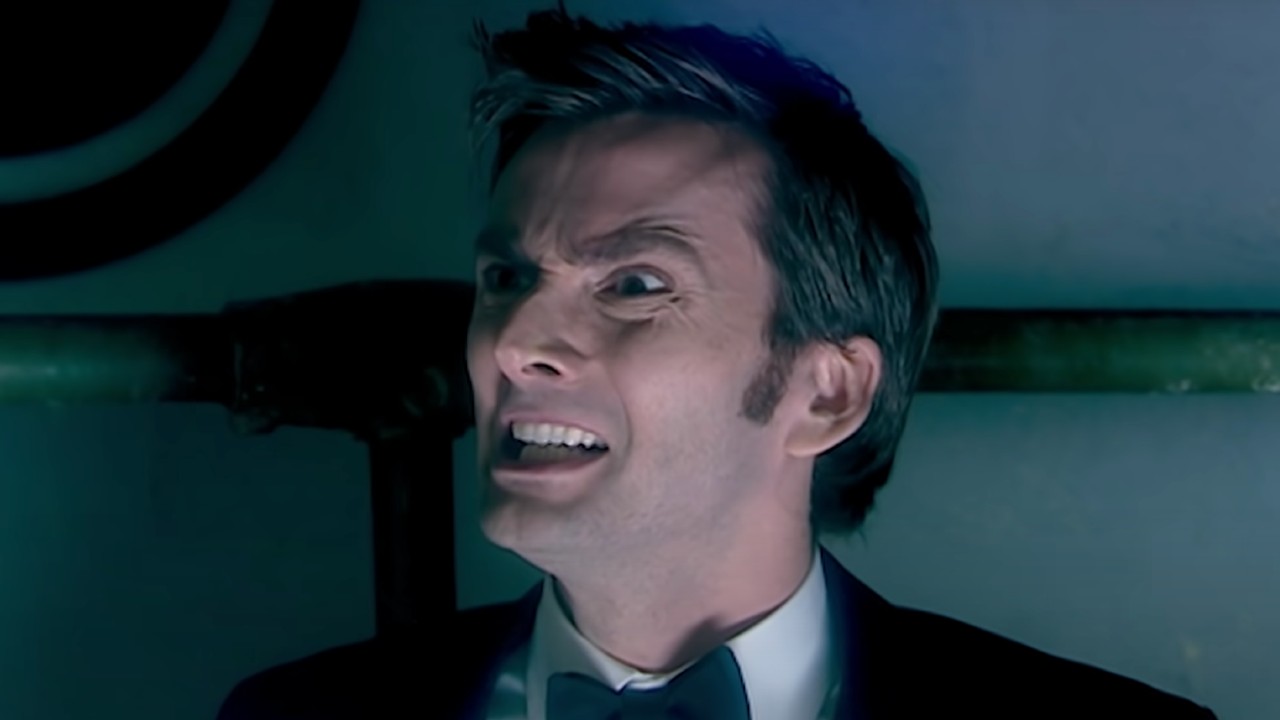
Doctor Who has its 60th anniversary on the horizon and a significant amount of intrigue surrounding it. David Tennant and Catherine Tate will return to the franchise, and there’s even a new Rose. We’ve seen lots of speculation about these returns and how they’ll come into the story, and it's unclear when we'll get clear details on all this. As we speculate the litany of scenarios in which the Tenth Doctor and Donna Noble can re-appear in Doctor Who, might I suggest the multiverse?
The concept of a multiverse is nothing new to pop culture, but it does feel like it's been a popular buzzword lately. As video games and film franchises explore and develop their own multiverses, I have to ask, why not Doctor Who? There are definitely great reasons for the BBC franchise to explore this avenue of storytelling and an argument it should’ve happened already. So, let’s dive in and justify why Doctor Who should absolutely explore the multiverse with David Tennant and the new actor playing The Doctor, Ncuti Gatwa.
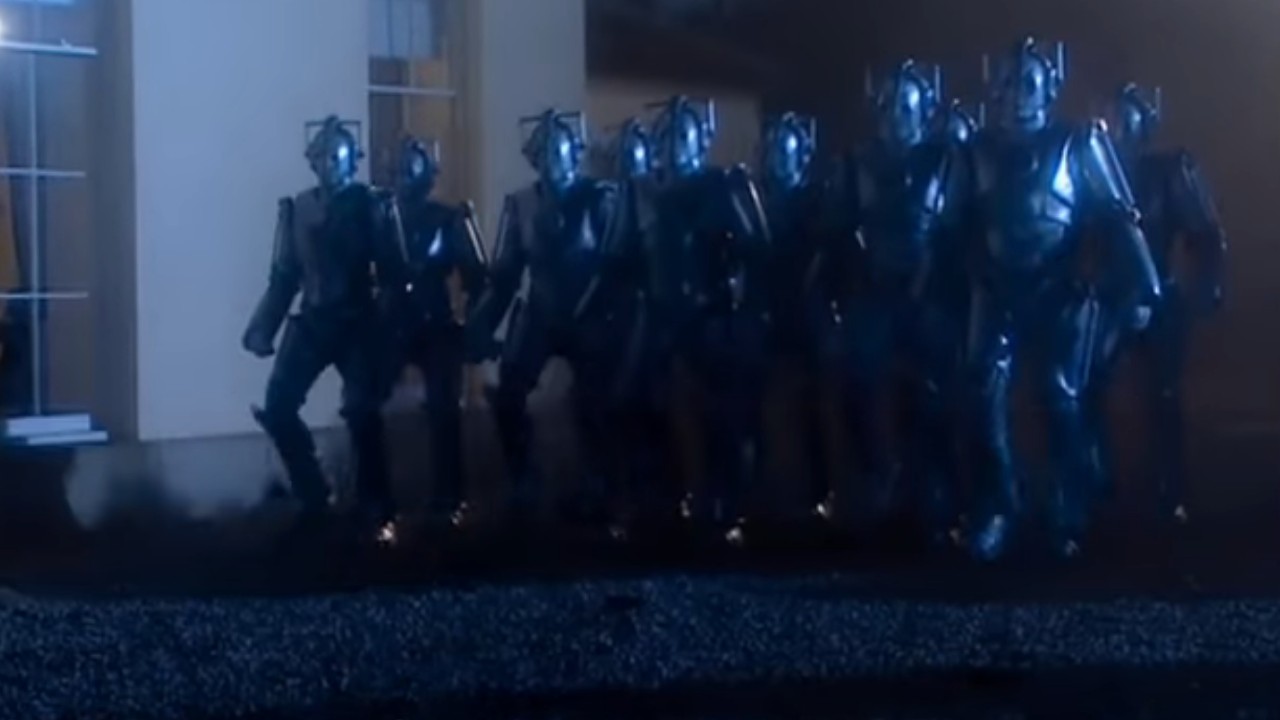
Doctor Who Has Dabbled In The Multiverse Before
Before we get too deep into this argument of Doctor Who embracing the multiverse, it should be stated that the franchise once doubled in the multiverse before. In the episodes "Rise of the Cybermen" and "The Age of Steel," The Doctor, Rose and Mickey landed in a parallel universe in which a businessman seeks to upgrade humanity essentially by turning them into Cybermen.
The story had a surprising impact on canon, as Mickey essentially stayed behind in his parallel world and took the spot of his counterpart, Ricky. It was an interesting story that got a callback down the stretch, but after that, there hasn't been much multiverse goodness in Doctor Who.
I bring this up to state that Doctor Who has the ability to jump into the multiverse anytime it wants. All we need is a wonky TARDIS, which could happen when Ncuti Gatwa gets his upgrade, and it's off to the races! So for anyone worried about whether or not it's possible, it already happened.
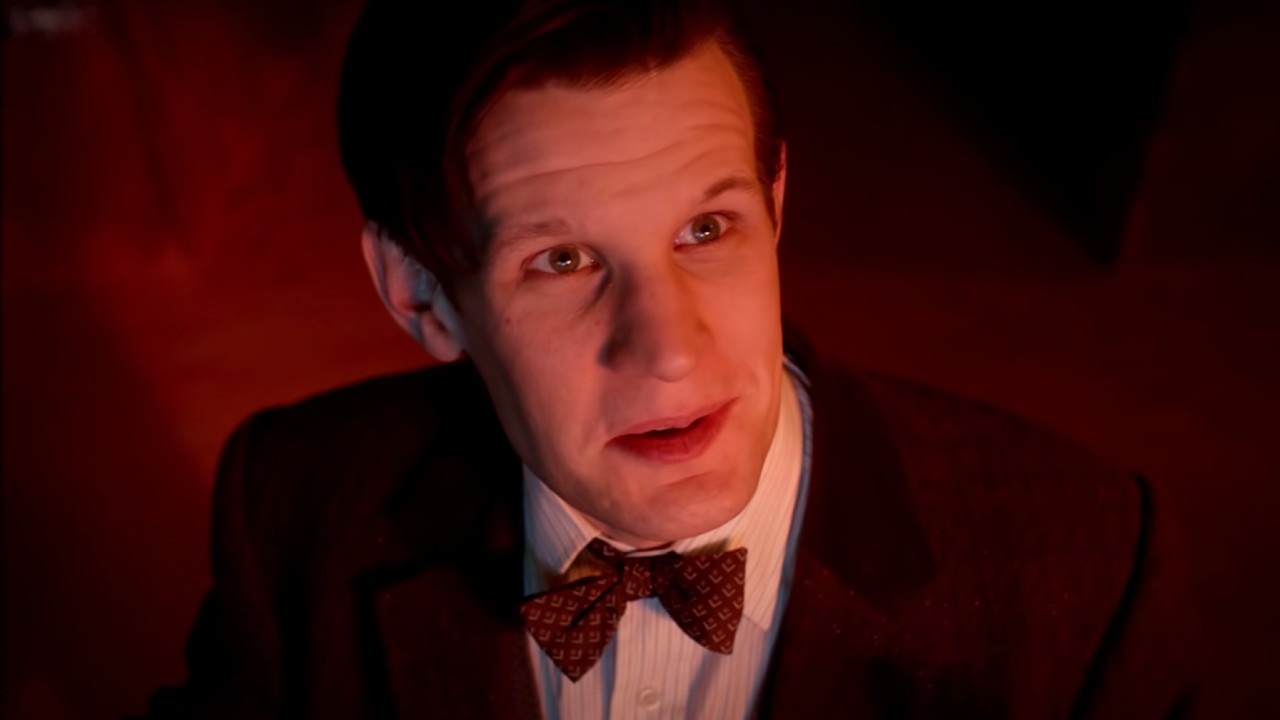
A Multiverse Allows Doctor Who To Revisit Classic Stories With New Actors Or Different Outcomes
Doctor Who has told some iconic stories over the years, and while fans can always revisit them with an HBO Max subscription, wouldn’t it be great to see those adventures remade with a twist? It would’ve been cool to see the Tenth Doctor take on The Silence with Amy and Rory in tow. Imagine if the Ninth Doctor had a chance to meet Donna Noble. Obviously there are ways for this to happen in the Doctor Who universe as is, but it can get complicated.
With a multiverse, all one really needs to do is establish the rules from the jump. The main rules are that this isn’t the normal continuity of the show, and the familiar characters we knew are now doing something else. Honestly, understanding the rules of a multiverse is easier than explaining the existence of one, and I’d argue a multiverse might be less complicated than some recent Doctor Who storylines.
Your Daily Blend of Entertainment News
It also allows for other significant events in the Doctor Who universe to be revisited and given different outcomes. Imagine a world where the Daleks decided to be defenders of the universe, or where The Master finally succeeded in destroying The Doctor. Stories with such high stakes can happen in a multiverse, and of course there’s no burden in resetting the world back to the status quo afterward. As mentioned, Doctor Who has ways of doing this with its time travel, but isn’t this much cleaner? Can we see Ncuti Gatwa's Doctor re-live some of the character's greatest moments?
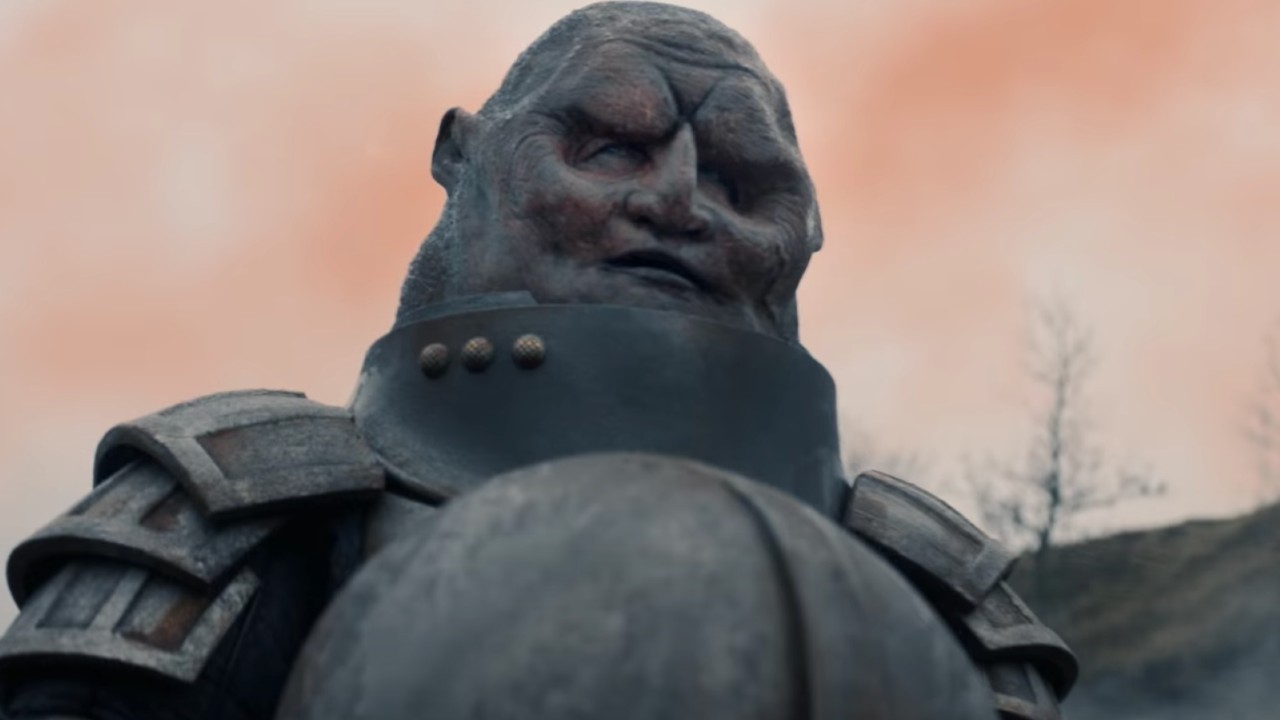
A Multiverse Opens The Door To Change Franchise Norms And Mix Things Up
Doctor Who is a franchise that thrives on tradition and has had some of the same enemies plaguing the Doctor since the '60s. There’s something beautiful about that, and it’s cool that Cybermen and Sontarans are still just as imposing threats now as they were back then. At the same time, we’re reaching about the stage where after 60 years, we’ve seen them do just about all there is to do.
The BBC has made efforts in recent years to try and freshen things up with Doctor Who, as evidenced by Chris Chibnall’s run shaking things up so much. Obviously, some in the fandom haven’t adjusted to the change so well, but at the same time, there’s pressure for Doctor Who to evolve. After all, a series that stagnates tends to lose viewers, and if a series loses too many viewers, cancellation isn’t that far off. Obviously Ncuti Gatwa's casting is a step in the right direction, but is a multiverse the quick fix to freshening up a franchise that might feel a bit stale to viewers?
I’m not sure it’s a cure-all, but there’s certainly potential. Doctor Who is open to trying new things, and with a multiverse, it can do so across many different mediums. TV shows, comics, and even audio dramas can get in on the fun. With a multiverse, there’s a lot of territory a lot of creators can have a hand in, and perhaps offer more guidance to franchise decision-makers about what fans do and don’t like. If something that happens in the multiverse is popular enough, maybe it could even get a spinoff.
Doctor Who has tried to get spinoffs started in the past, but the success rate hasn’t been too great. Perhaps that could change in light of a multiverse where a new Doctor can emerge against enemies the franchise hasn’t seen before. Hey, maybe we could even get a new Captain Jack Harkness and a revival of Torchwood? Assuming, of course, the BBC is committed to the idea of a multiverse and wouldn’t mind multiple shows and/or Doctors co-existing on television at the same time.
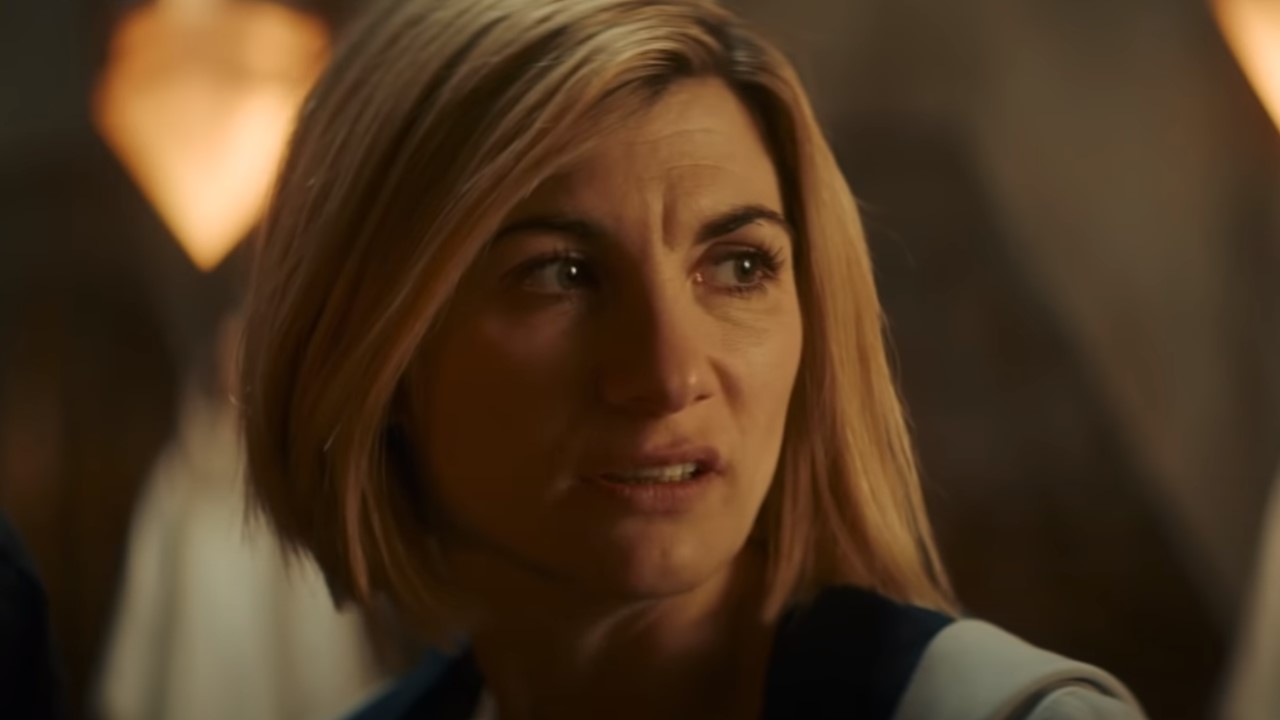
Doctor Who Doesn’t Really Adhere To Canon, So What’s The Harm?
Doctor Who and canon have a complicated relationship, in the sense that it’s hard to know at any given time what’s canon and what isn’t. This is due mainly to the fact that The Doctor frequently travels backward and forwards in time, and their actions can ultimately retcon or change previous events that happened. This is why Galifrey is either destroyed or resurrected at any given moment, enemies come and go, and massive events pass without any mention episodes later.
In real life, it’s just difficult for a series like Doctor Who to adhere to strictly to canon. Steven Moffat even indicated as much once at San Diego Comic-Con 2008 (via Whoniverse.net) when he stated it’s impossible for a show about a time-traveler to have canon. Of course, the show keeps common parts of its story going for the purpose of having a cohesive plot, but the general understanding seems to be that the story comes before acknowledging the past.
Typically a multiverse can complicate the lore of a franchise. In the case of Doctor Who, it’s already very complicated, and with the rules about adhering to canon as loose as they are, there’s not a huge danger of things becoming too complicated. In short, there’s little reason not to do it if we’re talking about “breaking the show” and a lot of potential upsides, which is why I say, why not?
Doctor Who returns later in 2022 for Jodie Whittaker’s farewell episode as the Thirteenth Doctor on BBC America. Get ready for all the surprises that come with that and the upcoming 60th anniversary in 2023.

Mick Joest is a Content Producer for CinemaBlend with his hand in an eclectic mix of television goodness. Star Trek is his main jam, but he also regularly reports on happenings in the world of Star Trek, WWE, Doctor Who, 90 Day Fiancé, Quantum Leap, and Big Brother. He graduated from the University of Southern Indiana with a degree in Journalism and a minor in Radio and Television. He's great at hosting panels and appearing on podcasts if given the chance as well.
